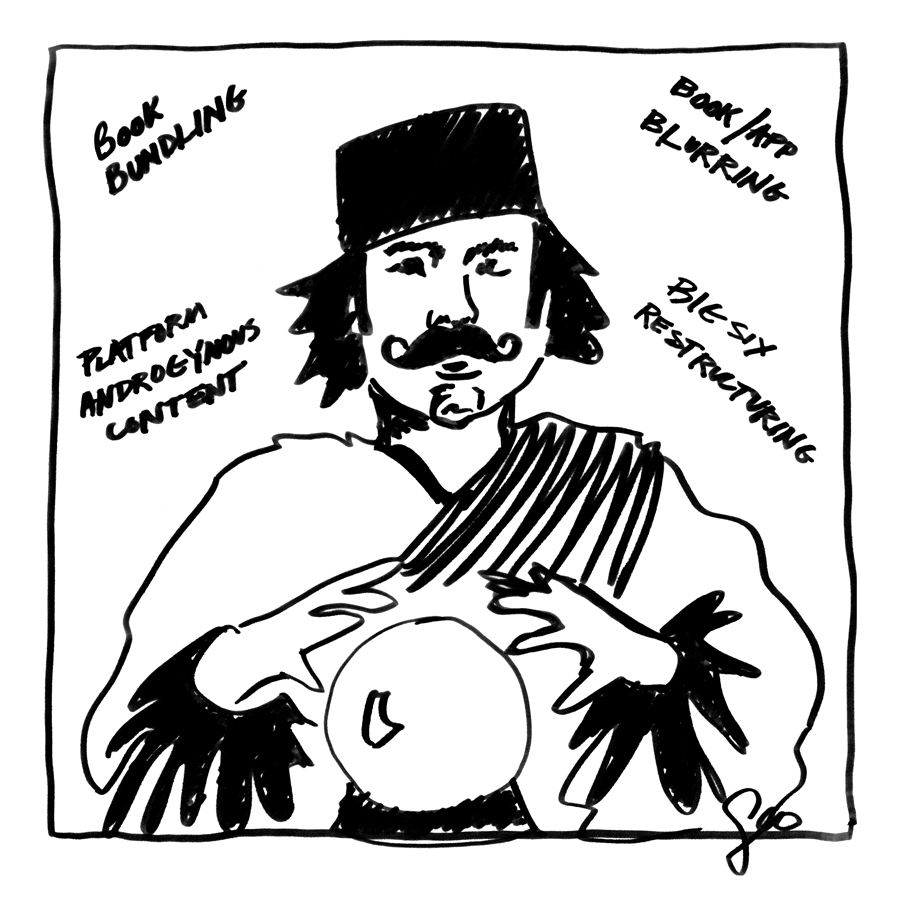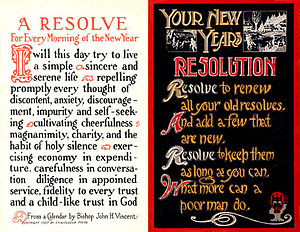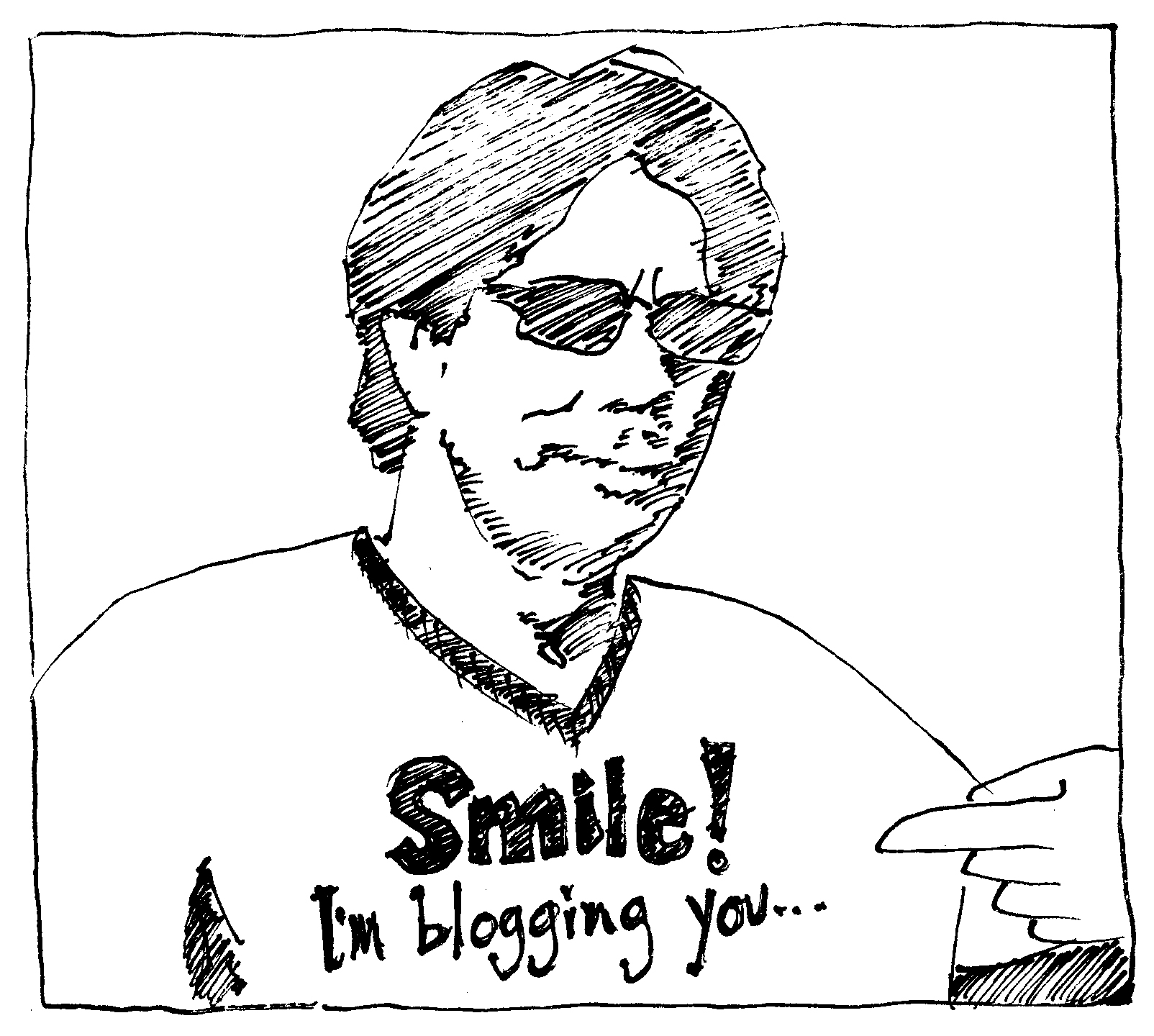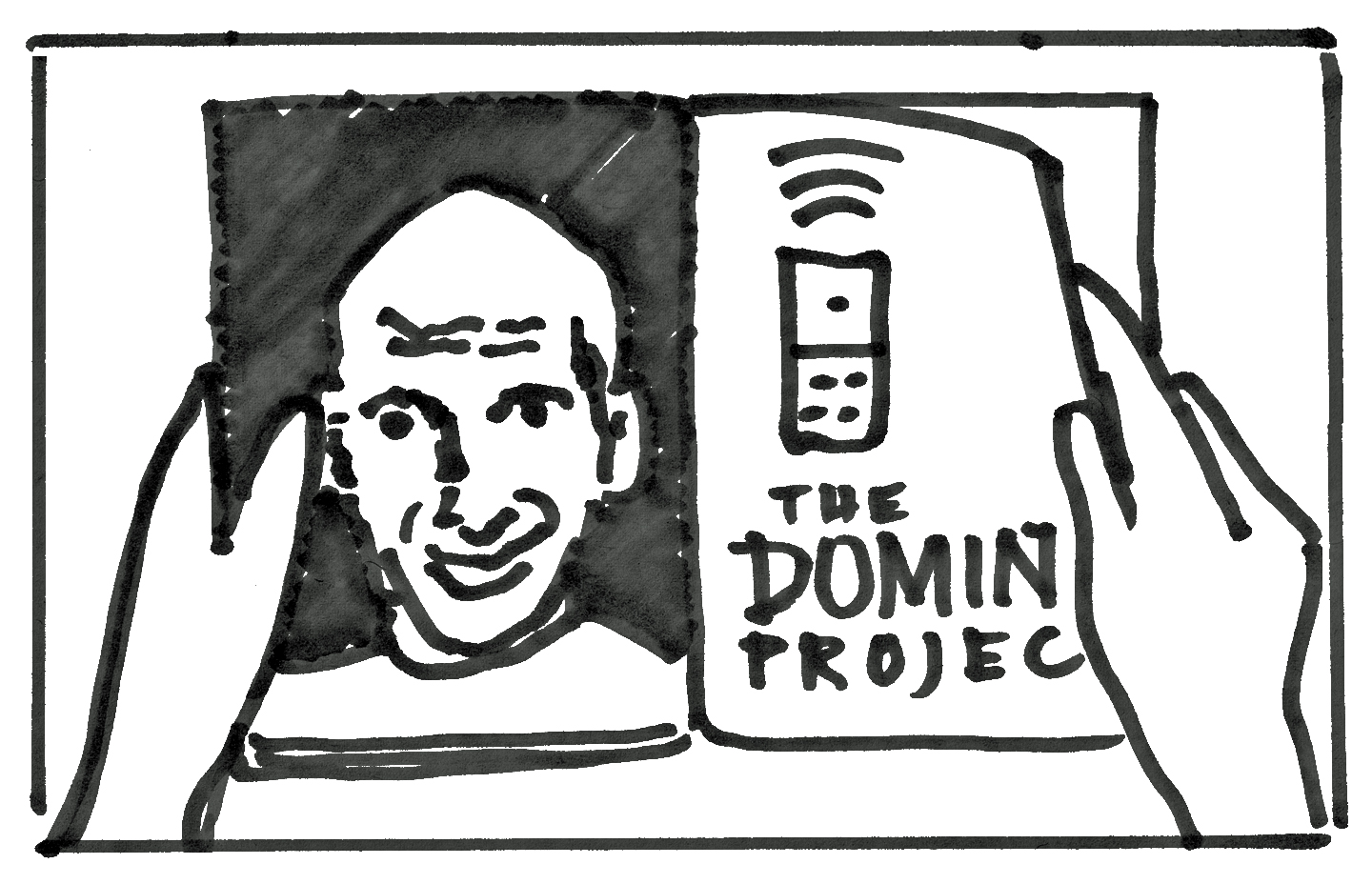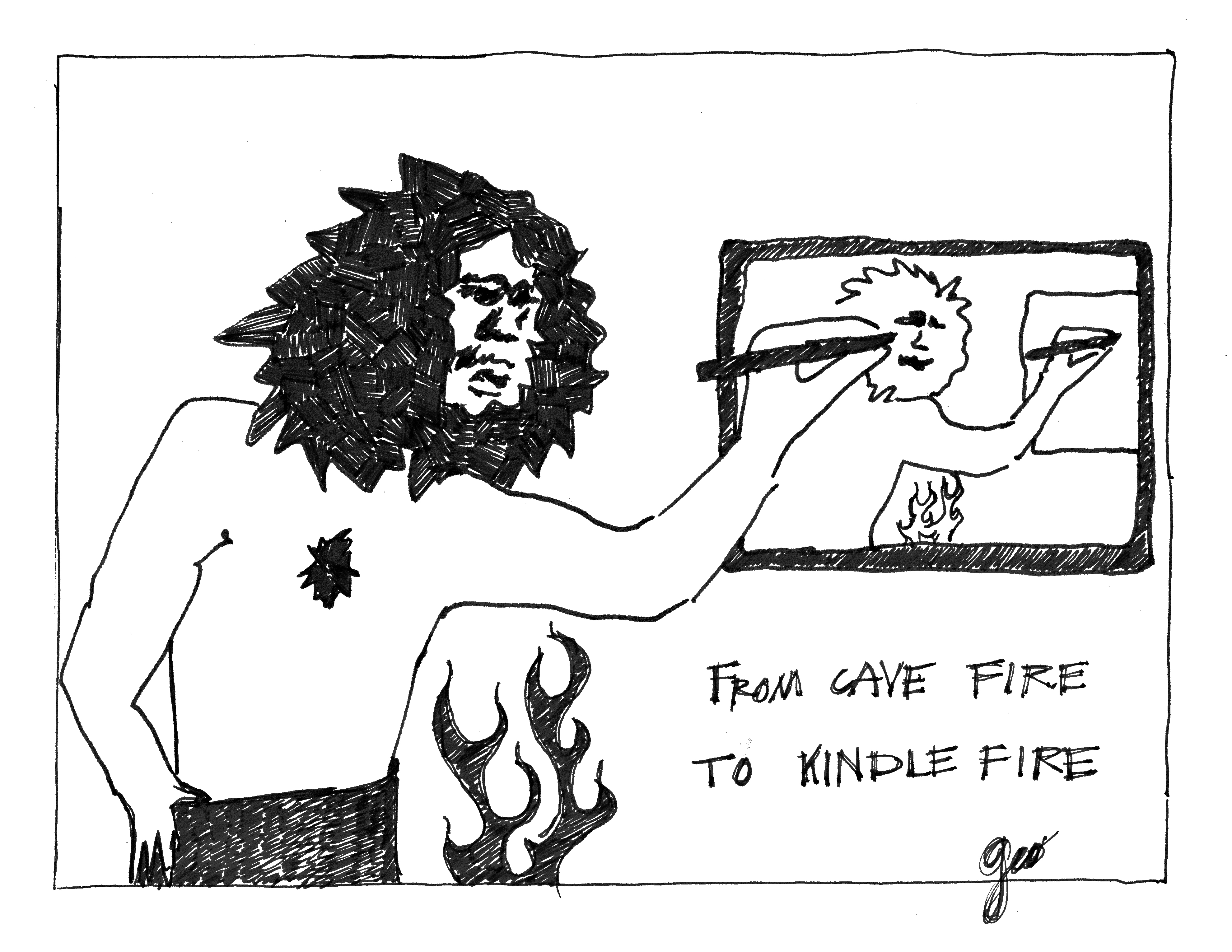
Storytelling from Cave Fire to Kindle Fire (image by virtualDavis)
Isn’t digital storytelling just enhanced storytelling? It’s just the newest chapter in humanity’s quest to improve the way we tell stories. We instinctively yearn for better communication, for storytelling innovation. And yet digital books, audio books, multimedia books tend to meet resistance despite their obvious appeal.
New scares old. Old doesn’t quite understand new. Or doesn’t want to…
In “Is It A Book, Is It A Movie…No, It’s Movie-Book!” we get a glimpse at the book world’s awkward response to digitally enhanced storytelling.
Many eBook writers shy away from multimedia publishing, preferring instead to stay with straight text… An eBook that features multimedia is not an eBook, they say. It’s… an app… What IS an eBook with multimedia? Can we continue to call an eBook an eBook knowing that now it may feature multimedia? … What about audio books? … [Or] movie-books… (Technorati Entertainment)
Let’s call it digital storytelling. Or storytelling in the digital age. Maybe we should just call it storytelling, because — no matter how resistant the publishing industry and book critics and schools and libraries may be — the public is embracing (and will continue to embrace) storytelling in all of its innovative new forms.
Let us imagine the first time a storyteller added innovative new technologies to their bag of tricks. Picture the proverbial caveman standing by the bonfire with his family, talking about the hunt from which he’s returned with a week’s food. In telling the story of creeping up on his prey, he describes his cautious steps, following the fierce Bigmacosaurus, slowly, quietly all afternoon. Until afternoon turned into evening. As daddy caveman describes the fall of night he slowly extinguishes the campfire leaving his wife and children sitting in the dark around the glowing embers. They pull closer together, absorbed in the story. Now dad begins to pace around them in the dark as he speaks, so that they are never quite sure where he is, and he begins to breath deeply, hoarsely, imitating the sounds of the Bigmacosaurus. And suddenly he leaps across the embers and pretends to drive his spear into the Bigmacosaurus, just barely illuminated as he writhes on the ground, bathed in the dull red glow of the embers.
The end.
“Time for bed, cave kiddies!” he bellows. But they don’t move. They cling to their mother, scared to death.
So dad adds kindling and blows on the embers, resuscitating the fire. Within a few minutes the interior of the cave is once again illuminated. The children are less afraid, but still too nervous for bed.
“But what if the other Bigmacosauri followed you home?”
“Yes, what if they come and get us tonight while we sleep?”
Dad takes a charred branch from the fire and proceeds to draw a picture on the cave wall. In the crude illustration a hunter with a spear crouches in tall grass beside a herd of Bigmacosauri. He explains to his children that he discovered the heard around mid-day, far away. He draws the sun directly overhead, and adds wavy water to portray the lake located half a day’s journey from the cave. Then he moves down the wall and draws himself in the mountains pursuing a single Bigmacosaurus, the sun much lower to the horizon now. He explains to his children that he successfully split the heard, forcing the biggest Bigmacosaurus to run toward the mountains which lay between their cave and the lake. He draws a herd of stampeding Bigmacosauri running off into the distance where the sun sets on the far side of the lake. His next drawing is of the the hunter right next to the Bigmacosaurus, spear high in the air about to plunge. A crescent moon is high overhead. He explains to his children that he wanted to drive the Bigmacosaurus as close as possible to home so that he could minimize the distance he would need to carry the meat. He explains how hard it was because wild Bigmacosauri are scared of cave men and don’t like to come near them. But daddy cave man succeeded, and now they have plenty of food. But the next time he wants to hunt a Bigmacosaurus, he will have to go all away around the lake to the far side where the sun sets. He draws one last picture, looking across the vast lake at tiny Bigmacosauri no larger than ants speckling the horizon beneath the setting sun.
The children have fallen asleep in their mother’s arms, so the parents carry them to their beds and tuck them in.
So far, nothing’s unusual about this, right? Just another evening at the cave.
But when the parents tuck themselves in, the cave man’s wife rolls over to her husband to whisper.
“I don’t know what you thought you were doing tonight, extinguishing the fire, making all those beastly noises, reenacting the hunt, drawing on the walls. Look how much you scared the children.”
“I’m sorry, I didn’t mean to scare them so much. I always tell them stories…”
“I know. Stories are good. But all that other stuff, it’s just, I don’t know. Not right. Can you just stick with storytelling? Just words?”
“Yes, dear.”
“Thank you. Good night.”
“Good night.”
But the next day the cave kiddies beg for a story. “Like last night, daddy. Not the boring old way.”
“Yes, like last night. Pleeease?”
Mother grimaces.
Father looks at mother and shrugs.
Fast forward. YouTube, Audible, Vook, iPad, Storify and SoundCloud blur past. From cave fire to Kindle Fire… Onward!
Like this:
Like Loading...
